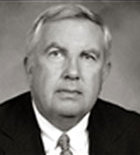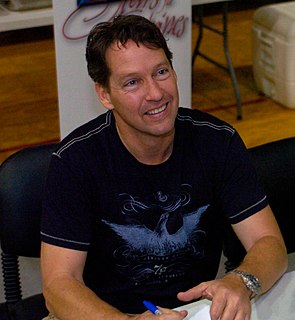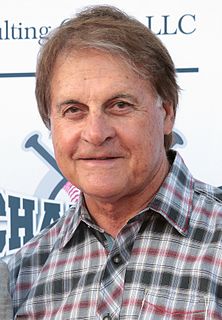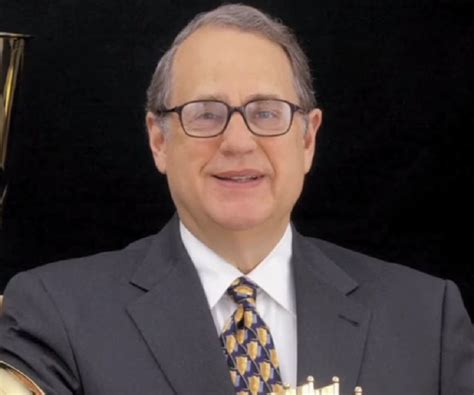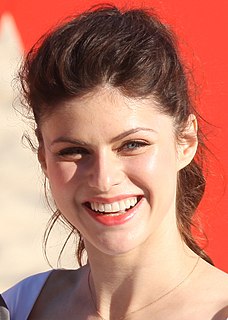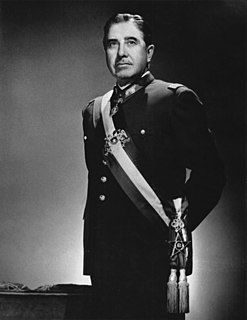A Quote by James Lipton
When I went to school, my intention was to be a lawyer. When I attended university that was still the clear intention; I was going to be a lawyer. Why? Because it was as far as I could get from my father's antics and world. I thought that the world of the arts probably led people into the kind of behavior I had seen with him and that had resulted in a lot of hard times for my mother and me.
Related Quotes
I considered a lot of different jobs as a kid. I thought about becoming a priest or a lawyer. My father had a big linen-supply business and I considered working for him. What dawned on me was: 'If I'm an actor, I get to do the fun parts of every job!' Without having to go to four years of law school.
I had to run away from home in order to be a musician. Because I came from a family of... my father was a health inspector; my mother was a social worker. And I was pretty smart in school. So they expected me to be some kind of academic - schoolteacher, or doctor, lawyer - and they were very disappointed when I told them I wanted to be a musician.
I didn't expect to have music as my main thing. I always thought I was going to be a lawyer. When I graduated, I was doing really well with my music in Malaysia. I had stable income, and I had really good momentum in the music industry, so I had to make a decision whether to stop that and continue being a lawyer.
The freedoms which had been so hard won from colonial domination were being crushed by Soviet-inspired and funded military and political forces. Their clear intention was to deprive the people of their democratic freedoms. As history shows, this is what had happened in the Soviet Union and in Cuba, and continues to be the case in other parts of the world.



